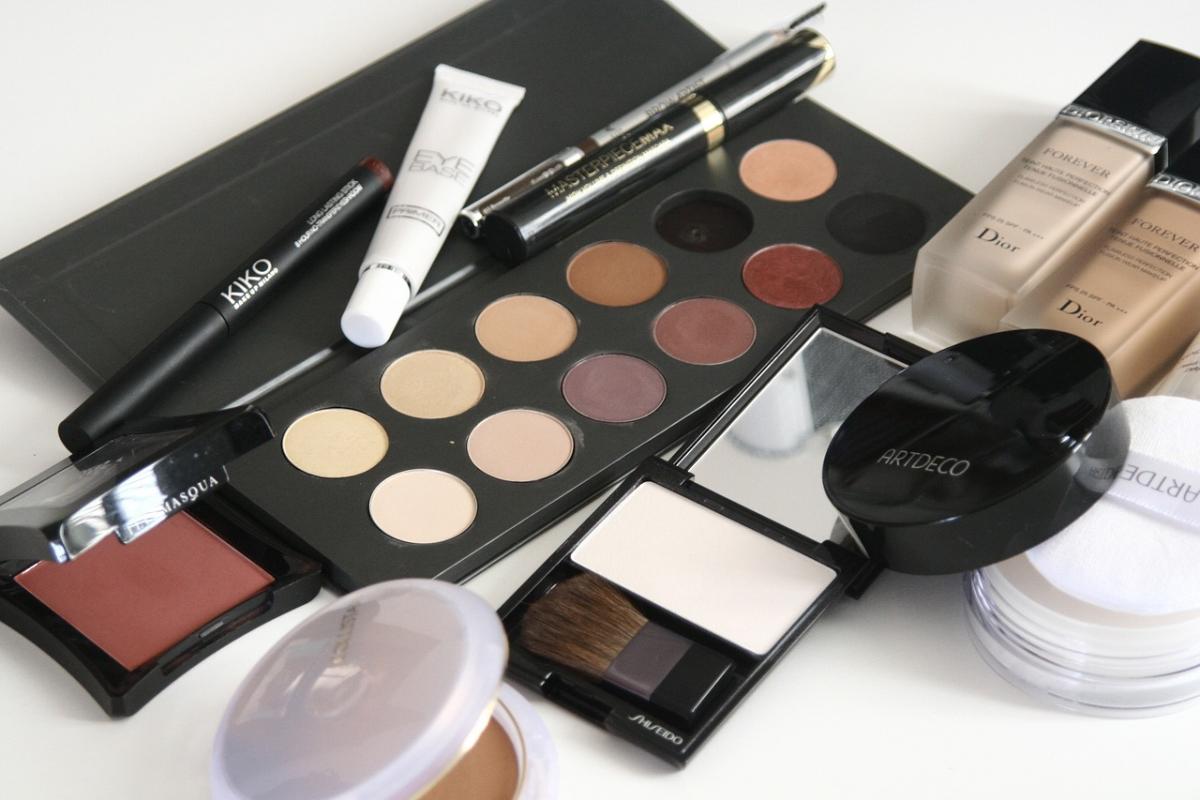Choosing between organic makeup and conventional options can feel like a big decision. But understanding the benefits of organic makeup can really help you make the right choice for your skin and health.
One of the main perks of organic makeup is that it’s made with natural ingredients. This means you’re less likely to come across harsh chemicals and synthetic additives. Many people find that organic formulations are gentler on their skin, which can be a game changer if you have sensitive skin or allergies. Plus, you’ll feel good knowing that you’re using products that are better for the environment.
Another highlight is that organic makeup often comes packed with vitamins and minerals that nourish your skin. Ingredients like natural oils and botanical extracts not only enhance your beauty but also help improve your skin over time. Think about it: makeup that works to hydrate and protect your skin while you wear it—sounds pretty appealing, right?
Last but not least, many organic makeup brands prioritize ethical practices. This can include cruelty-free testing and sustainable sourcing of ingredients. If supporting eco-friendly practices and companies that care about their impact on the planet is important to you, organic makeup is definitely worth considering.
The Downsides of Conventional Makeup
When it comes to conventional makeup, it’s important to look beyond the glitz and glam. While it might give you that flawless finish, there are some downsides that can’t be overlooked. Let’s dig into a few concerns that might make you think twice.
First off, a lot of conventional makeup products contain synthetic ingredients, chemicals, and preservatives. These can irritate sensitive skin or cause allergies for some people. If you ever felt a stinging sensation after applying foundation or blush, it could be the ingredients at work!
Another point to consider is environmental impact. Conventional makeup often comes in plastic packaging, and many products contain microbeads or other materials that don't break down easily. As a result, using conventional makeup can contribute to pollution and waste, which is something to think about if you're eco-conscious.
Then there's the issue of long-term health effects. Some conventional makeup contains heavy metals like lead and mercury. Regular exposure to these harmful substances over time can be risky. It’s definitely worth weighing your options if you want to be kind to your body in the long run.
Lastly, let's talk durability. Conventional products can sometimes feel heavy or cakey on the skin, which might not be the most comfortable all-day wear option. If you prefer a more natural look or feel, you might find that organic makeup aligns better with your preferences.
Key Ingredients to Look For
When it comes to makeup, the ingredients in your products can make a big difference. Whether you’re leaning towards organic or sticking with conventional options, keeping an eye on a few key ingredients can help you make a better choice for your skin and health.
Here are some ingredients you should be on the lookout for:
On the flip side, try to avoid certain synthetic ingredients like parabens, sulfates, and synthetic fragrances. These can irritate the skin and cause long-term issues. Always check labels and do a bit of research to ensure you’re getting products that align with your values!
Making the Right Choice for You
Choosing between organic makeup and conventional products can feel a bit overwhelming, right? There are so many options out there, and you want to make sure you’re picking what’s best for your skin and your lifestyle. Let’s break it down a bit.
First off, think about your skin type. If you have sensitive skin or allergies, organic makeup might be the way to go. These products usually have fewer chemicals and synthetic ingredients, making them gentler on the skin. On the other hand, if you’re used to certain conventional products that hold up well under stress (think hot weather or long days), you may want to stick with those for their performance.
Next, consider your values. If using products that are cruelty-free, sustainably sourced, or eco-friendly is important to you, organic makeup often checks those boxes. Many brands prioritize ethical practices, so you can feel good about what you’re using. Conventional makeup brands are starting to embrace these ideas too, so it’s worth checking labels and doing some research.
Lastly, don’t forget about your routine! If you’re someone who loves experimenting with bold looks and vibrant colors, you might find more variety in conventional lines. But there are some fabulous organic brands out there offering trendy options too. It’s all about finding the styles and textures that suit you best.

